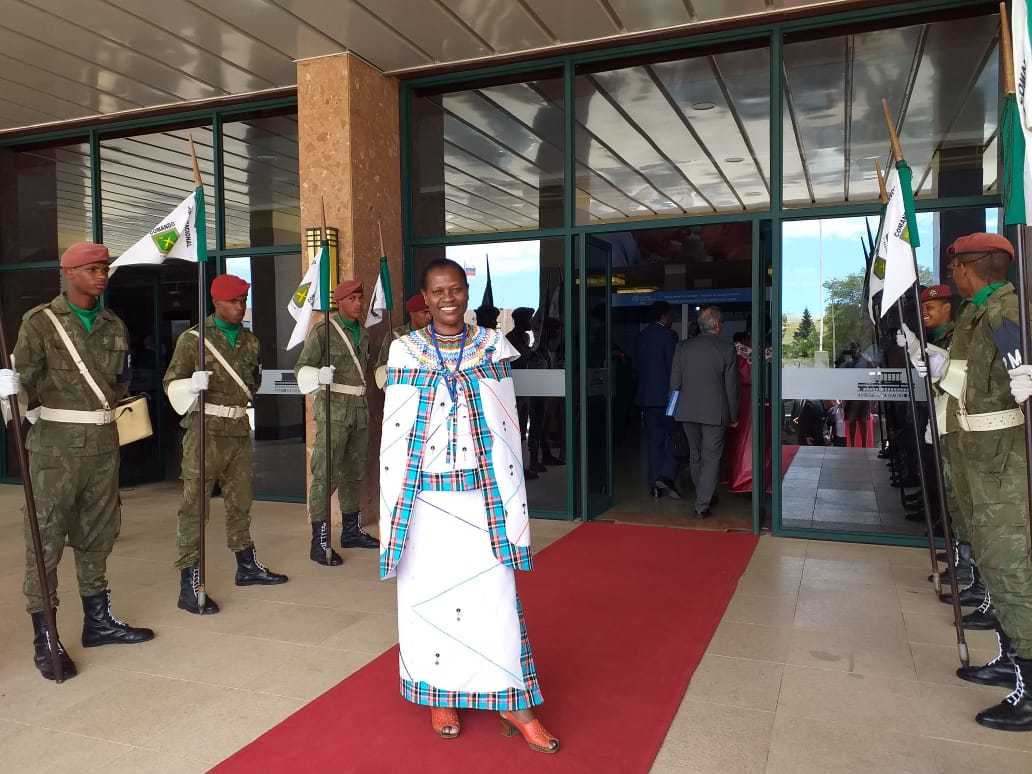
WHO Innovation Challenge Experience, Praia, Cape Verde
My inbox had many new unread messages that evening. I scanned through to see who the senders were and if there was anything urgent. One message caught my attention. The name was not familiar. It was from CHIBI, Moredreck. My eyes moved quickly to the right of the screen. The subject of the message was: “Congratulations: WHO Africa Innovation Challenge”. I was sure it was spam. I deleted it. I switched off my laptop and went to bed.
Late in the night I remembered that I had submitted a bid to WHO Health Innovation Challenge. I made a mental note to retrieve the message from my junk mail in the morning. I put the cursor on the sender’s name and the email address was @who.int Then I searched the name of the sender on Google. A clip with Chibi Moredreck talking about the WHO Innovation challenge came up. I was now convinced that the message was genuine.
I quickly skimmed through to the second paragraph which read:
“We are delighted to inform you of your selection as one of the Top 30 WHO Africa Innovation Challenge candidates whose innovation will be showcased at the Africa Health Forum. … you will get the opportunity to profile your healthcare solution and gain access to political, government and business leaders in the health sector for potential market and investment opportunities.’”
This is the greatest surprise ever in my career so far. I read the paragraph probably ten times before forwarding the message to my colleagues at ACIP.
Fast forward. My experience in Cape Verde is indescribable. Awesome! The WHO does know how to fete. We were treated like dignitaries throughout the exhibition. I had two wonderful medical students serving as volunteers, Isabel and Fana, courtesy of WHO. Thank you Isabel, thank you, Fana. This made it possible for me to attend some of the sessions of the Forum. On the last day of the Forum, I listened to the founder of Flying Doctors Nigeria, Dr Ola Brown. In part, she said: "In Africa, the kind of innovation we need should be home-grown and it has to exponentially decrease the cost of healthcare so that we can start this process of doing more with less". I would not agree more. Our innovation, the African Character Initiation Programme (ACIP) is homegrown: an African programme by Africans for Africans. We reconstruct the indigenous African rite of passage from childhood to adulthood to mentor adolescent boys and girls (11-15 years old) with skills and values for sexual and reproductive health. For life.
I presented the African Character Initiation Programme (ACIP) to the President of Cape Verde, President Jorge Carlos Fonseca together with Dr. Matshidiso Moeti, the Regional Director of WHO in the African Region. Both listening carefully. Later I got to kiss on my cheek from the President as we took photos with him at the lobby.
I got to present our ACIP innovation to other policy makers, health partners, other leaders and to my fellow innovators. I continue to network with some of these.
I was probably the oldest innovator. Most innovators were less than 35. I felt like a fossil. There were more male innovators than female innovators. This saddened me because it suggests gender disparity.
I thank the President and the people of Cape Verde, World Health Organization, the Regional Director of WHO in the African Region, Dr. Matshidiso Moeti, Chibi Moredreck, Sam Braithwaite who was in charge of innovators’ exhibitions, and all our hosts in Cape Verde. Dr. Moeti, you inspired me. Thank you.
